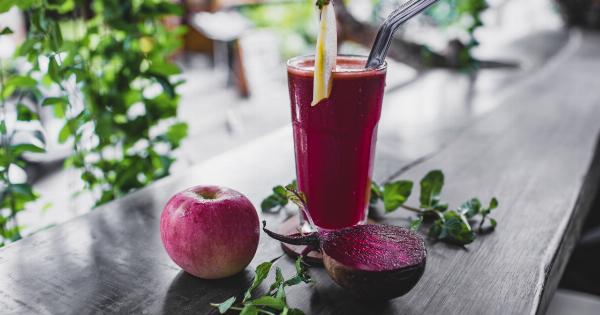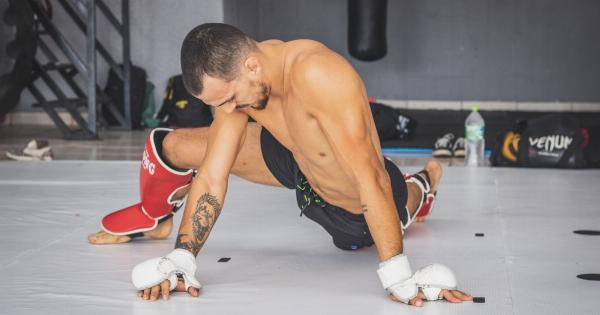As an athlete, you need to fuel your body with the right nutrients to perform at your best. The right diet can help you build muscles, increase endurance, and improve recovery time.
But what exactly should you be eating? Here’s the ultimate diet plan for athletes:.
1. Focus on Carbohydrates
Carbohydrates are the body’s main source of energy. As an athlete, you need to include carbohydrates in your diet to fuel your workouts and provide energy for your muscles.
Good sources of carbohydrates include fruits, vegetables, whole grains, and legumes. Avoid processed and sugary foods, as they can cause energy crashes and slow you down.
2. Don’t Forget Protein
Protein is essential for building and repairing muscles. As an athlete, you need to make sure you’re consuming enough protein to help your body recover and grow after workouts. Good sources of protein include lean meats, fish, eggs, beans, and nuts.
Aim for at least 1 gram of protein per pound of body weight per day.
3. Incorporate Healthy Fats
Healthy fats are important for brain function, hormone production, and maintaining healthy joints. Good sources of healthy fats include fatty fish, nuts, seeds, avocados, and olive oil.
Avoid unhealthy fats, such as saturated and trans fats, which can increase the risk of heart disease.
4. Hydrate Properly
Proper hydration is essential for athletes. Water helps regulate body temperature, transport nutrients throughout the body, and lubricate joints. Aim to drink at least 8 cups of water per day, and more if you’re sweating heavily during workouts.
You can also hydrate with sports drinks, coconut water, or other electrolyte-rich beverages.
5. Eat Frequently
As an athlete, you need to fuel your body frequently throughout the day. Eating smaller, more frequent meals can help keep your energy levels stable and prevent energy crashes.
Aim to eat every 3-4 hours, and include a combination of carbohydrates, protein, and healthy fats in each meal or snack.
6. Plan Your Meals
Planning your meals ahead of time can help ensure you’re eating a balanced diet and getting the nutrients you need to perform at your best.
Take some time each week to plan out your meals and snacks, and make sure you have healthy options on hand for when you’re on the go.
7. Consider Supplements
While a balanced diet is the best way to fuel your body as an athlete, supplements can also help provide extra nutrients and support. Talk to your doctor or a registered dietitian to determine which supplements might be right for you.
8. Don’t Skip Meals
Skipping meals can leave you feeling weak and sluggish during workouts, and can also slow down your metabolism. Aim to eat at least 3 meals per day, and make sure you’re consuming enough calories to fuel your body’s needs.
9. Focus on Whole Foods
Whole, unprocessed foods are generally the best option for athletes. Not only do they contain the nutrients your body needs, but they’re also less likely to contain harmful additives or preservatives.
Focus on whole foods like fruits, vegetables, whole grains, lean meats, and nuts to fuel your body’s needs.
10. Consider Your Personal Needs
Every athlete is different, and your diet should be tailored to your individual needs and goals.
Consider factors like your sport, body composition, and energy needs when planning your diet, and make adjustments as needed to ensure you’re getting the right nutrients for optimal performance.































